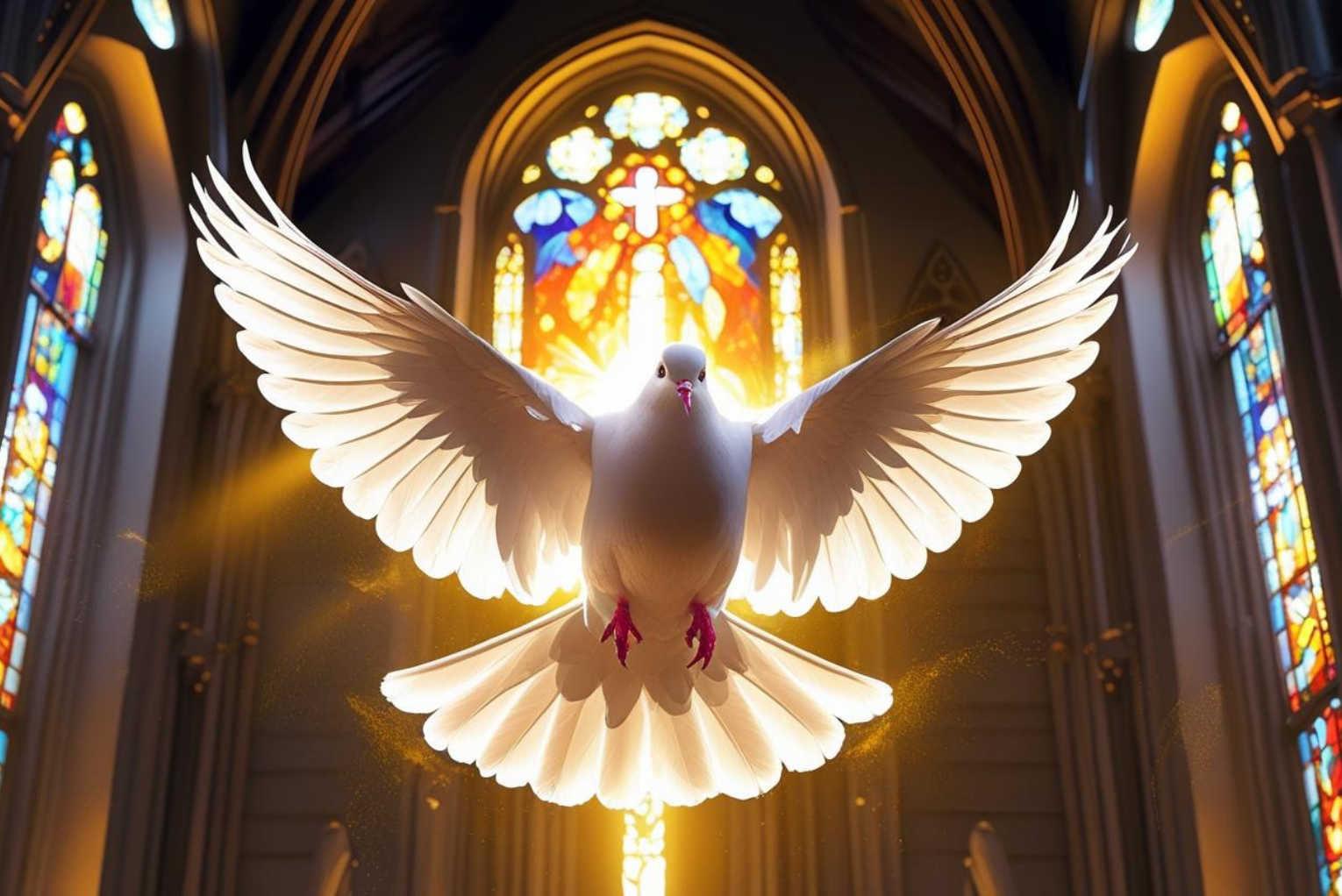When many hear the word “Pentecost,” they may think of charismatic denominations, or the manifestation of tongues associated with the Pentecostal movement. But according to Messianic Rabbi Kirt Schneider, the true roots of Pentecost go much deeper—back to the Torah and the appointed Feast of Shavuot.
Breaking News. Spirit-Filled Stories. Subscribe to Charisma on YouTube now!
“Pentecost is not first a Christian holy day,” Rabbi Schneider explains. “It was first one of the days that God gave Israel as recorded back in Leviticus 23.” In Hebrew, it is called Shavuot, meaning “weeks,” and it occurs “seven weeks and a day after Passover.” The Greek word Pentecost simply means “fifty,” marking the 50 days after Passover.
Originally an agricultural feast, Shavuot celebrated the harvest and God’s provision. Yet, it was also a time of divine encounter. Rabbi Schneider points out that “everything Yeshua did at His first coming, He did in exact synchronicity with these holy days of Yahweh.” From His crucifixion on Passover to His Resurrection on First Fruits, “the Spirit came… on Shavuot, 1,500 years after we read about the revelation of it in Leviticus 23.”
Turning to Acts 2, Rabbi Schneider unpacks the familiar Pentecost narrative: “When the day of Pentecost had come, they were all together in one place.” The Spirit came not to individuals alone, but “to a community of believers.” He emphasizes that “unity brings life, division brings death.”
“And suddenly there came from heaven a noise like a violent rushing wind… and there appeared to them tongues as of fire… and they were all filled with the Holy Spirit.” Schneider urges believers to expect the unexpected: “God is a suddenly God… Expect Him for sudden change.”
As Schneider writes in his book, Decoding the Torah, “This encounter inaugurated the prophecies of Ezekiel and Jeremiah that the Lord would no longer speak to His people only by the writings on the tablets of stone. Instead, He was fulfilling these prophecies by communicating to His people from His
Spirit within them.”
Join Charisma Magazine Online to follow everything the Holy Spirit is doing around the world!
Importantly, Rabbi Schneider clarifies that the tongues spoken in Acts 2 were not private prayer languages, but “known languages that the one that was speaking in them did not know.” This supernatural gift enabled the disciples to proclaim the Gospel across language barriers.
Shavuot is more than an ancient feast—it is a divine blueprint that points to the very heart of God’s plan for His people. What began at Mount Sinai with fire, wind, and the giving of the Law was fulfilled centuries later with fire, wind and the outpouring of the Spirit at Pentecost. Ultimately, this is not just a historical event; it is a call to live empowered, Spirit-filled lives aligned with God’s eternal covenant.
Abby Trivett is content development editor for Charisma Media.







































